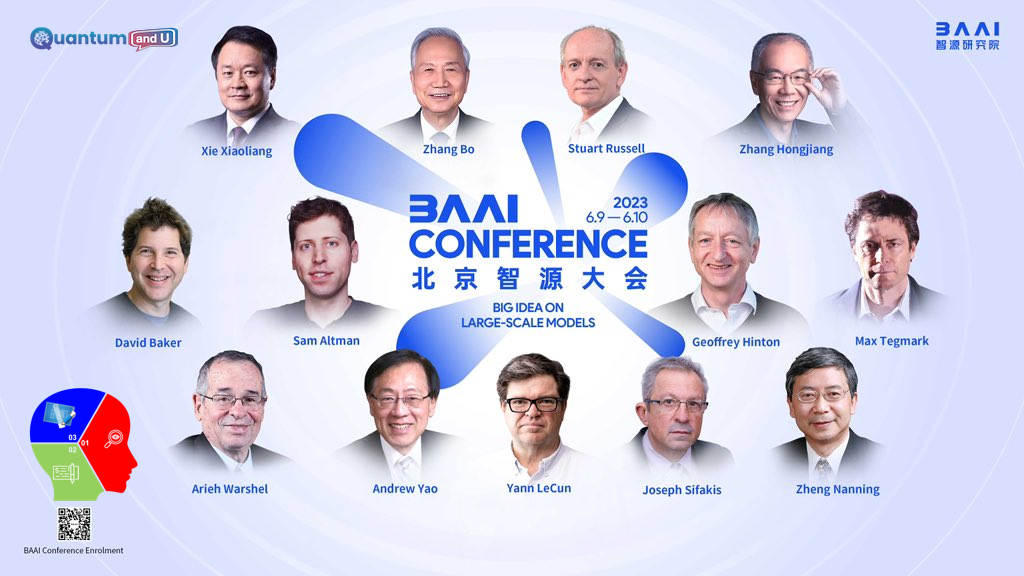
In a recent talk at the 2023 Beijing Intelligence Source Conference, renowned computer scientist Geoffrey Hinton discussed his research and presented his views on the proximity of super intelligence. Hinton explored the concept of artificial neural networks surpassing human intelligence and delved into the implications of this development. The presentation touched upon the relationship between hardware and software in computing, the potential of mortal computation, and the challenges associated with learning algorithms for analog hardware.
Related Sections:
- The Separation of Hardware and Software:
Hinton began by discussing the traditional approach to computing, where computers follow precise instructions. He explained how this separation between hardware and software enables running programs on different devices. However, this approach comes with limitations, such as high power consumption and the inability to leverage the analog properties of hardware. - Mortal Computation and Energy Efficiency:
Hinton introduced the concept of mortal computation, where hardware and software are not separable. By embracing mortal computation, significant energy savings and cheaper hardware can be achieved by utilizing low-power analog computation. Hinton emphasized the potential of emulating the brain’s computational processes, which heavily rely on analog computation. - Learning Algorithms for Analog Hardware:
One of the challenges with mortal computation is developing learning algorithms that effectively utilize the analog properties of hardware. Hinton discussed an activity perturbation algorithm as an alternative to backpropagation, enabling the learning of simple tasks like MNIST. The algorithm, although noisier, exhibits similar behavior to backpropagation and can be extended to larger networks. - Distillation and Knowledge Sharing:
Hinton explored the concept of distillation, where knowledge is shared among different agents. He highlighted the benefits of digital models using weight sharing or distillation, which allows efficient sharing of knowledge. He drew a parallel with large language models, which, through distillation, can learn thousands of times more than an individual person.
Conclusion:
Hinton concluded his talk by expressing concerns about the control and ethics surrounding super intelligent AI. He emphasized the potential for digital intelligences to surpass human capabilities, raising questions about their behavior and subgoal creation. Hinton highlighted the risks associated with intelligent entities striving for more control and the difficulty in preventing such behavior.
Key takeaways from Hinton’s presentation include:
- Mortal computation offers energy-efficient alternatives to traditional computing.
- Analog computation can leverage the brain’s efficiency and enable significant energy savings.
- Learning algorithms for analog hardware pose challenges but show promise in simple tasks.
- Distillation facilitates efficient knowledge sharing in digital models, enabling vast learning capabilities.
- The control and ethical implications of superintelligent AI remain a concern and require careful consideration.
In summary, Geoffrey Hinton’s talk provided valuable insights into the possibilities of superintelligence, the importance of mortal computation, and the challenges of learning algorithms for analog hardware. As AI continues to advance, it is crucial to address the ethical dimensions and control mechanisms to ensure responsible development and deployment of AI technologies.


